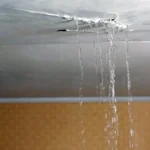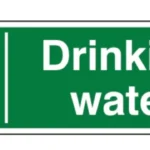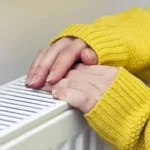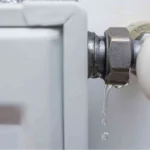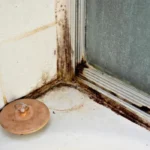Keep your sink monster happy....
13 things it shouldn't munch!
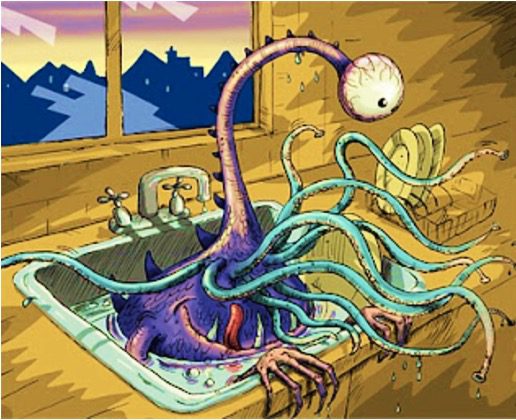

Plumber - Paul
Paul's a member of the Chartered Institute of Plumbing & Heating Engineers, Water Regs UK (formerley WRAS – Water Regulations Advsiory Scheme) certificated as well as a qualified unvented cylinder engineer and a qualified heat pump engineer.
Fortunate enough to have a kitchen waste disposal unit?
With the flick of a switch your food leftovers are mashed up and sucked into your drains and away!
Sure, it’ll save you time, as you won’t need to take out food waste. And you’ll cut odours – with scraps gotten rid-off instantly, instead of rotting in your kitchen bin or food waste caddy. Oh and of course, they’re hygienic, so less chance of maggots, flies, beetles and other nasties to deal with.
But if you don’t take good and proper care of your waste disposal, sooner or later –
- You might hear humming, grinding and other odd mechanical noises when its working.
- Power may start to stutter and the unit shake or judder.
- A strange whiff, or perhaps even a rancid smell could waft up from your sink’s innards.
- Worse still – it may even start to leek its mangled liquid contents, or pack up entirely!
Costing £500 or even £600 to replace they’re certainly not cheap and there’s plumbing-in labour to add to this as well!
So, taking care of what you put down your sink’s a good idea.
Now, aside from the obvious – cutlery, wood, plastic, metal, fabrics and of course fingers (!), plenty of foods are totally okay to put down the waste disposal – from meat scraps to citrus rinds.
But there are some things you should never, ever try to grind and flush. And if you do get them through the sink hole, they’re more than likely to get stuck in your pipes and block things up.
And if you’re ever unsure about whether something can safely be put down the wast disposal – you probably shouldn’t try it!
Weirdest things we’ve found in kitchen waste disposal units.
Lots of money – mostly coins, a small cheese knife with a missing handle, wood screws, iron nails, wire nuts that were mashed badly, chewing gum, plastic and metal bottle caps, various toy parts including a barbie doll’s head. Also, a large quantity of rice that had swollen up and blocked the disposal, and recently 2kg of pellet type hamster food – from a family whose pet had escaped.
1. Bones, dem bones....
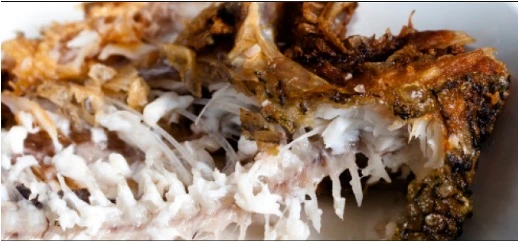
Waste disposals are great at grinding up most food waste. But they’re not angle grinders and simply aren’t built to deal with very hard items, such as bones.
If you do drop an occasional fish bone or chicken wing in the unit, don’t panic. The odd small one isn’t likely to stop the grinding. But bigger bones should be avoided if you don’t want to set yourself up for a disaster.
All they’ll do is keep spinning round and round with the blades. And if by some freak of chance they do get past, they won’t make it through your kitchen pipes!
2. Stringy veg - asparagus, celery, corn husks, pumpkin, rhubarb….
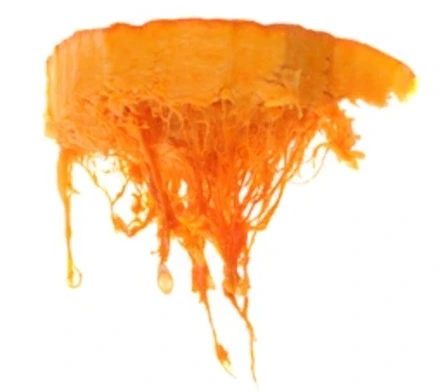
All fibrous veggies need to steer clear of your waste disposal – as they’ll tangle around the blades and bring things to a rapid halt.
You’ll know how the long strands can be if you’ve ever scooped out a Halloween pumpkin and the same applies to asparagus, celery, corn husks and rhubarb as well as bok choy, okra, pea husk and long beans with their fine threads.
The best home for these stringy stalks is straight to the good ole food caddy.
3. Coffee grounds - smell them, don't sink them!
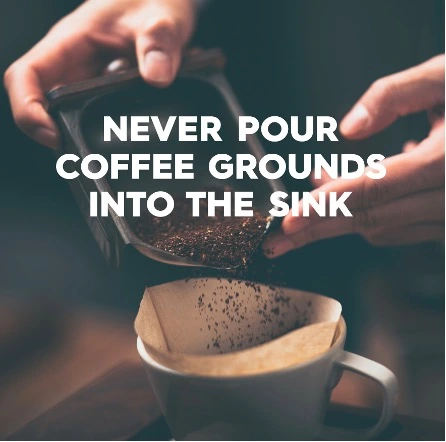
Deceptively, coffee grounds, appear to go down a disposal easily. But they reduce into a dense, thickly packed, pasty wad – think about how they look when taken out of a filter, and cause clogs and blockages.
If you leave grounds out of your disposal, you’ll avoid them pilling up and cause a sludgy, sediment mess in your pipes and drain.
A much better way to get rid of them is in your garden. They make a great nutrient rich fertiliser especially with their nitrogen as well as potassium and phosphorous which your plants will love. And it’ll also keep slugs, snails, rabbits and ants from nibbling at your plants to boot.
4. Egg shells. You can step on them just don't put them down the disposal!
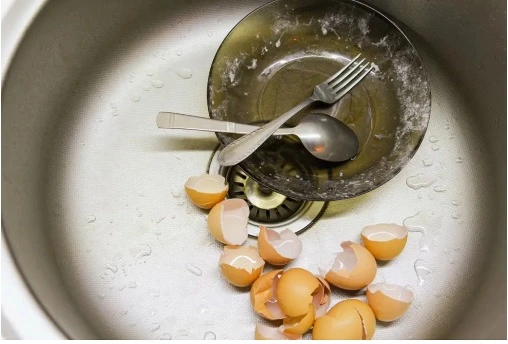
Can you put egg shells down a kitchen waste disposal? Sure. But should you?
There’s some discussion around this one. With some people saying that they’re safe for the disposal unit and even help to sharpen its blades.
We don’t know where this idea came from. But if you think about it logically, when was the last time that you saw a chef or a gardener sharpening knives or lawnmower blades with half a dozen golden yolkers?
The truth of it is, that whilst eggs don’t do much to help your disposal blades, at least their shells won’t do any damage.
Again but, when you next crack an egg, take a careful look at the shell. You’ll see that there’s a thin membrane on its inside – which can get loose. If you’re unlucky this’ll get stuck in the disposal unit or drain, or even around the rotor that throws waste against the wall-mounted blades – the impeller.
So to be on the safe side – If you don’t want to put egg shells in the rubbish, you’ll be glad to hear that they can be used in your garden where their calcium carbonate (CaCO3) helps with soil acidity and’s a great supplement and feed for a garden’s fast growing outdoor vegetables, flowers and fruit trees.
5. Fruit stones. You sure?
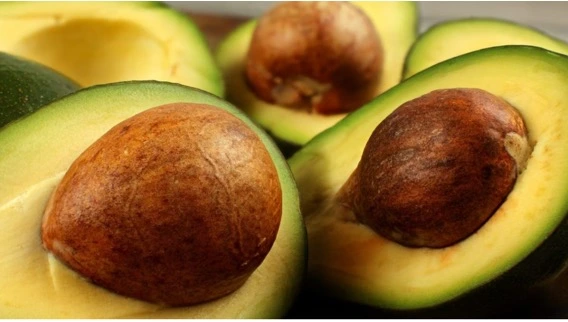
Stone fruits – apricots, cherries, dates, lychees, mangoes peaches, prunes (wrinkled plumbs), nectarines and avocados (yes, – avocado’s are “fruits”. To be precise, an avocado’s a single-seeded berry – and has inspired a whole generation of kitchen and bathroom colour schemes) get their name from the pit or “stone” in their centre that’s encased by a fleshy outer area. The pit’s actually a large seed.
So, botany aside, have you ever cut through an avocado seed or a nectarine pit? If you’ve tried, you’ll have found them super-tough, and your waste disposal blades just aren’t a match for stone fruit centres.
As rule of thumb, if a knife can’t chop it, the disposal’s not going to grind it up! Well, it might once, twice or even a few times. But before long you’ll find yourself taking a retail park trip to buy another new waste disposal, so you’re better off avoiding these little stony nuggets, and putting them in the bin or using them as a good solid garden fertiliser.
6. More shells – this time the type from the sea.
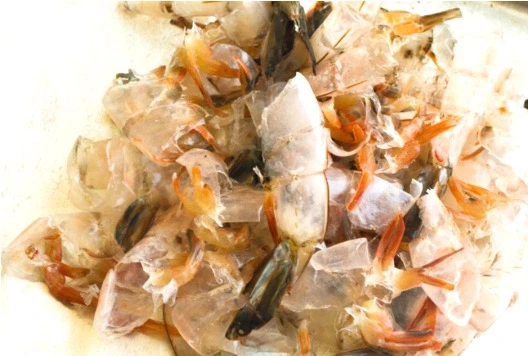
Crab, lobster, mussels, clams, prawns and oysters with their hard shells are a regular waste disposal problem.
These types of shell are far too dense to grind up properly. And even the softer more flexible ones, that have a chance of slipping through (like prawns) are more than likely to get stuck in your pipes or drain and become a permanent fixture.
So, skip the waste disposal with all of these and put left over shells in the rubbish, in a small, sealed bag is a good idea to avoid any lingering smell.
7. Grease (not the John Travolta movie), fats and oils.

It’s a plumbing sin to pour grease, oil or fat into your waste disposal or even a drain.
All of these will slowly accumulate and eventually stop your waste disposal’s grinding as well as block your pipes and drains.
The best and right way to dispose of grease is simple; throw it away in your bin. BTW – the movie still holds up and’s worth a watch!
8. Pasta. All types of pasta, Italian, Greek the whole show.
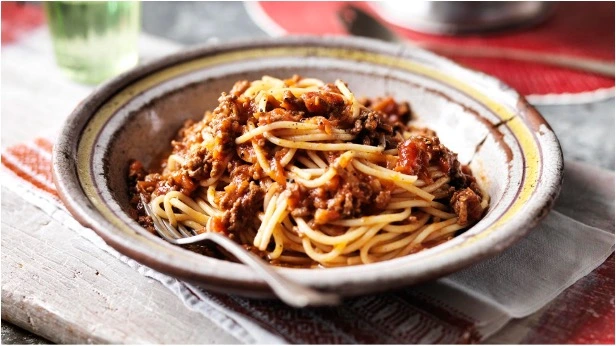
Spag bol or mac ‘n’ cheese anyone? Well, if you’ve made either of these or indeed any pasta dish from the dried stuff (not ready meals) you’ll know that pasta expands when soaked in water. And continues to swell even after you’ve fully cooked it.
And chances are, if you try and grind and flush it down the disposal, it’ll get stuck in your sink trap or further down where there’s a pipe bend.
Like lots of the items on this list, a few scraps here and there cleaned off of a plate won’t hurt. And if you do put pasta through the disposal, run the water as cold as it gets afterward for half a minute. This’ll flush it through the pipes and trap and into the soil stack and out to the sewer.
Better still, whether or not you’ve a waste disposal, don’t dump your linguine, fusilli or penne down the sink where it’ll swell and cause problems. Same goes for rice. Obs.
9. Potato peelings. Yes, we said peelings.
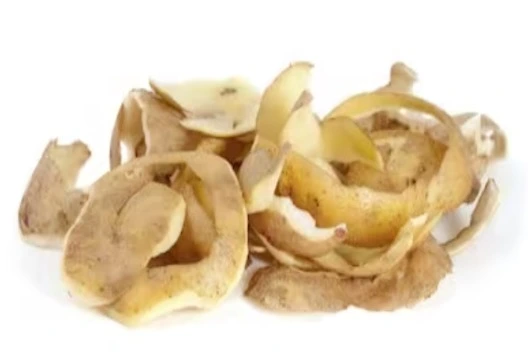
Peelings, thin enough to slip past your disposal’s blades, these humble suckers are raring to cause a soupy mess and potentially catch in your pipes.
Even if you think you can get away with dumping potato peels down the sink every now and then – when they’re there, they’ll cause the same problem as egg membrane holding up other waste and creating a clog. The same goes for beans, corn, peas, turnips and other starchy vegetables.
As ever, a few pieces of peel aren’t the end of the world, but they’ll quickly add up and you’ll have a blocked pipe to deal with.
So, put them in the garden – they’re thin, perfect for composting and decompose quickly. They’re also great for worm farms!
10. Porridge and oatmeal. Too healthy?
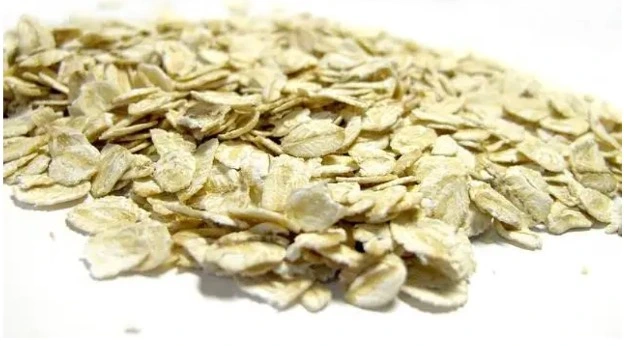
Just like pasta, this expands faster than a buffet diner’s waist-line! Raw oats are renowned for slipping through waste disposals untouched, to collect and swell in traps and pipes.
If you’re fortunate, they’ll flow out to the sewer, eventually.
If you’re not … it’ll be time to put your drain-cleaning skills to the test.
11. Nuts. For everyone.
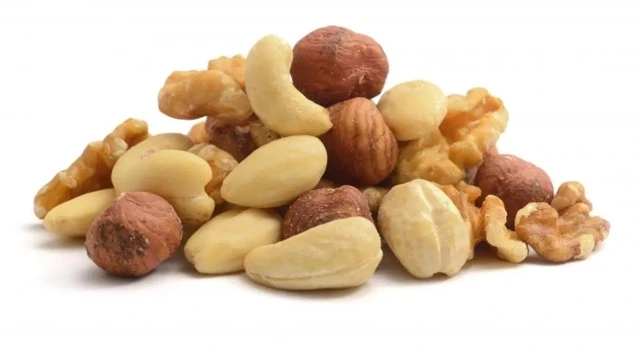
Stale, left over nuts? Don’t even think about putting them down your waste disposal. Just remember how peanut and other nut-butter’s made.
Handfuls of nuts are put into a grinder, where they’re thrown around and mashed into a thick, sticky paste.
And your waste disposal’s a great home version of a nut grinder.
Instead, just toasting them in a dry pan or oven will be enough to revive them – and you’ll be able to use them in another recipe.
Peanut butter works on toast, but a waste disposal and kitchen pipes lined with it are a pain to clean, and if it gets stuck in a trap or at a pipe bend you’ll have a nasty clog to deal with.
12. Cleaning chemicals. XXX.
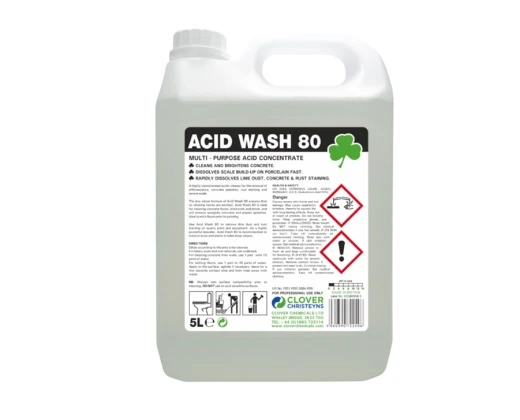
So, normal cleaners and dish soap’re fine for daily use and can be but down a waste disposal without problem, industrial-grade cleaners and harsh drain busters are a no no.
They’ll cause your waste disposal to wear out faster. And they’ll also damage the inside surface of your pipes – roughing it up and making them much more likely to block.
But you want a clean waste disposal unit? Put the chemicals away and use some good quality dish soap or washing up liquid to break up any grease build-ups and deodorise. And if you want to clean off the blades ice cubes will do the trick.
13. Paint. No Picassos here.
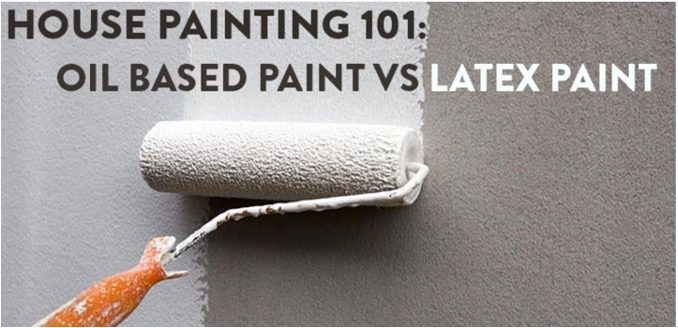
I’m Yes, it’s not a mistake. Paint. In particular, oil or latex paint should never be poured down your kitchen sink or disposal unit by a DIY-er or anyone else!
This is because it will cling to the disposal unit’s walls and sit in traps and pipes where it’ll cure and harden into a solid clog.
As ever, if it’s heavily diluted, a little paint won’t be an issue. But rollers and brushes etc. need to be cleaned properly in their own container – with the fluid disposed of appropriately and not your home’s sink or pipes.
Depending on how much leftover paint you’ve got and its type –
- For a small amount of latex paint – leave it open outside (to avoid fumes) and let it dry out before binning it. If it’s more than this, mixing it with cat litter or the like and allowing it to dry will turn it into a disposable solid.
- Oil-based paint is more dangerous to the environment – with the most straight forward way of getting rid of it being your local council run tip or recycling centre.
Pouring oil or latex paint down the drain is not an option.
That’s it for today! Until next time, you can always find us on www.angusplumbing.co.uk (we’ve a great on-line booking mechanism) or on Instagram, Facebook and YouTube. Or, if you wanted to, you can call, text or WhatsApp us on 07442 966664.
We’d love to hear from you, especially if there’s something, you’d like us to blog about.
All the best for now
The ANGUSplumbing team

